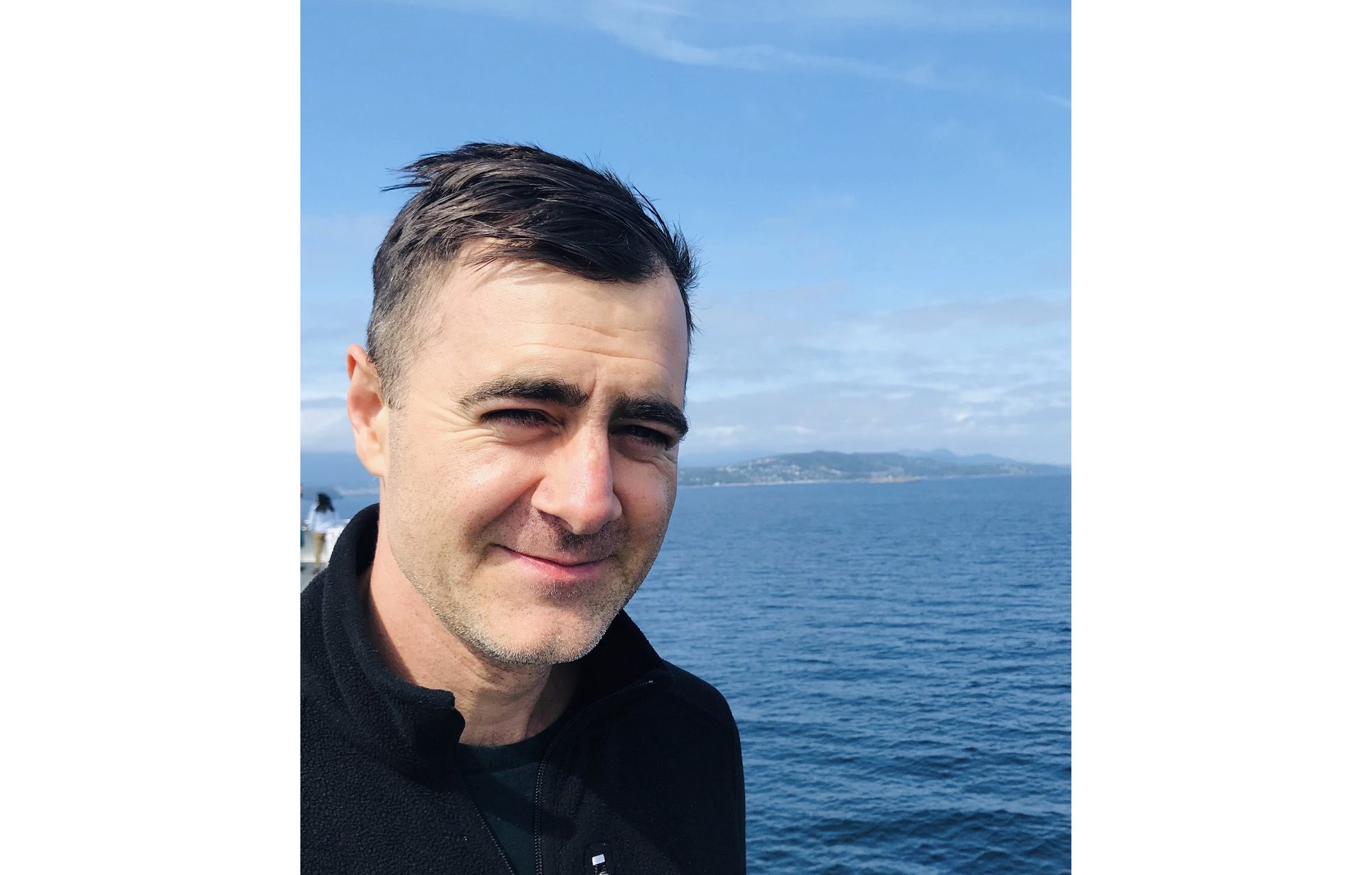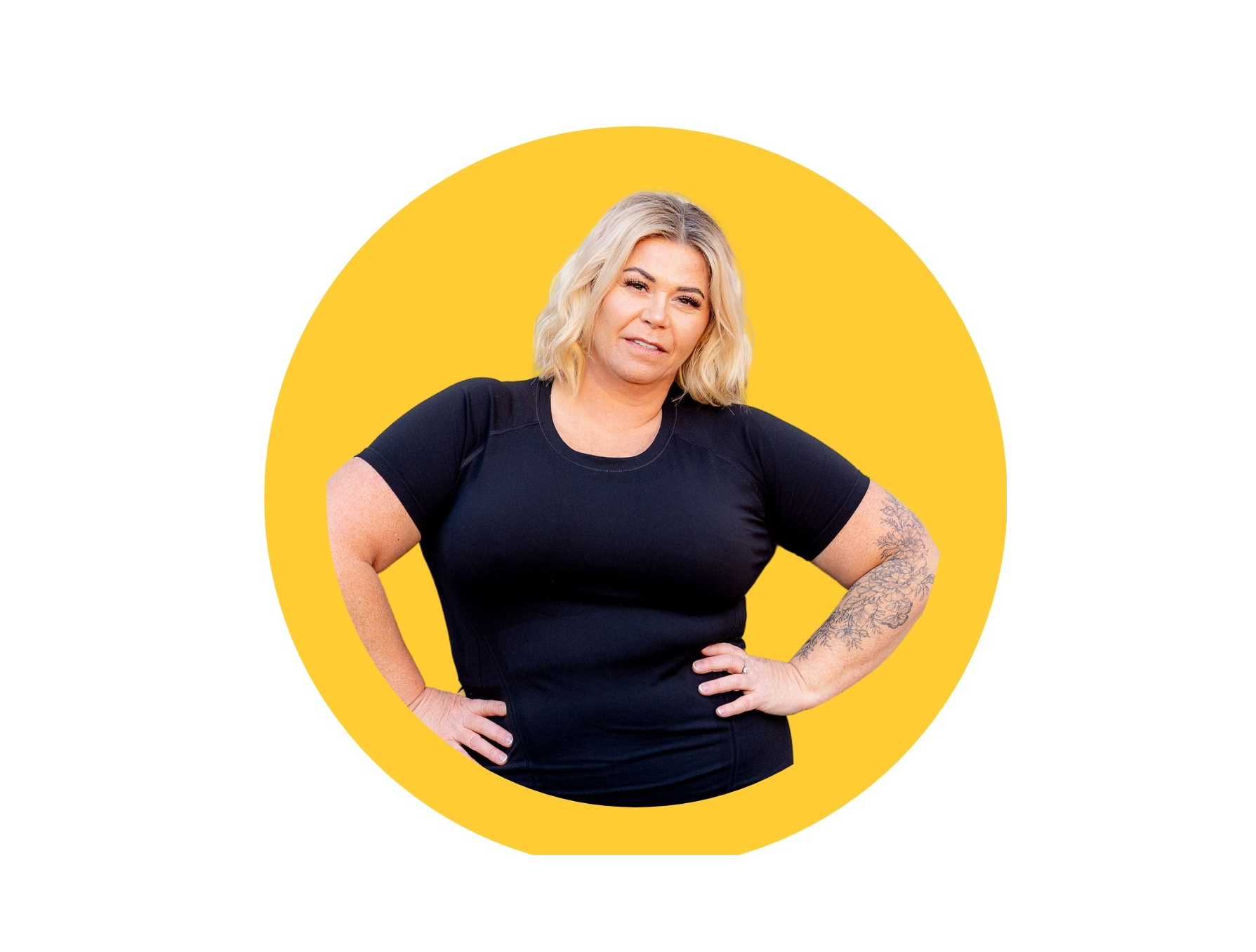Interested in starting your own entrepreneurial journey in personal development but unsure what to expect? Then read up on our interview with Cedric Reeves, Founder of AttachmentRepair.com, located in Madison, AL, USA.
What's your business, and who are your customers?
I teach a course on healing early attachment conditioning, which I view as the foundation of much of later psychological development. The means that I go about this is through guided meditations. My customers are largely people who have insecure attachments and are willing to do the work to get 'earned secure attachment.' I also guided people one on one in this work, as well. The one-on-one clients fall into two groups: psychotherapists and committed meditators who have bumped into a lot of roadblocks on the meditation path due to 'mundane psychological problems.'
Tell us about yourself
As far back as I can remember, I have always wanted to understand life and suffer less. Discovering therapy, I started going to weekly psychotherapy at the age of 17. Immediately I got obsessive about it. I thought," finally, I found a way to become happier!" I kept going to therapy once or twice weekly for the next eight years. It helped. But after all that time, I was still neurotic, ill-at-ease with others, socially awkward, and totally confused.
Discovering Meditation, After graduating from university with a degree in finance, I moved to Santiago, Chile, to start work life. I soon found myself quite miserable, adrift, and not interested in business. So, returned to the United States, and in January 2005, I went back to university to study psychology with the intention of becoming a psychotherapist. There was a psychology class by the name of "Meditation, Biofeedback, and Self-Regulation." I signed up. It was taught by one of the Early Transcendental Meditation adepts, Dr. Edward Taub. By the end of the first week of class, I knew that meditation would be the central focus of my life.
So, since then, I've had a daily meditation practice, largely Buddhist. I've practiced Zen, Advaita Vedanta self-inquiry, concentration practices, Vipassana/Insight, Tibetan Deity Yoga, open awareness practices, and heart practices like Loving Kindness, Devotional practices, and Tong Len. However, even after 300 days on a meditation retreat and 7,250 hours of formal practice, I still didn't feel truly settled and at ease. I had access to deeper meditative states and insights. But, still, there was ennui, a discomfort with life. Something was missing.
In December 2019, I went to participate for three weeks in the Winter Kyol Che Zen meditation retreat at the Providence, Rhode Island Kwan Um Zen Center. It didn't go well. I was stressed going. I wasn't sleeping much. Then on retreat, things got worse. My mental health really started to deteriorate. I started feeling 'very weird. I left the retreat three days in. It was the first time I had left a retreat. I had a crisis of faith in meditation. I had done so much of it. But I still felt so troubled. For the first time in 14 years, I stopped meditating. I felt adrift in life.
Discovering Attachment Theory, On January the 1st of, 2020, a friend and fellow meditator mentioned attachment theory and the possibility of repairing early attachment conditioning. Very quickly, I recognized myself in his description of insecure attachment. It explained so much. So, I started studying attachment theory in January 2020 and doing Dan Brown's Ideal Parent Figure Protocol (IPF). Studying attachment theory and practicing IPF was my principal interest during all of 2020. In 2021 I got interested in Schema Therapy (a modality with a strong attachment and experiential focus) and did two one-year schema therapy trainings in tandem (Wainer Psicologia and Asociación Latinoamericana de Terapia de Esquemas).
All this made a big difference. I now actually enjoy connecting with others. In the past, I wanted to be close to others. But it was mainly because I noticed that I would get miserable when I was alone. But, there was little joy in being around others. I was ambivalent and anxious. In the past, anxiously, I'd think twice about calling a friend or coworker. That doesn't arise anymore. Moreover, much greater ease in life started to develop. In the past, I would mood-alter by trying always to accomplish more and more. Otherwise, I'd get depressed and feel lost. I can still be a workaholic. But the edges are way softer. I am less negative and less angry. I feel like I understand my own and others' mental states better. Another change has been my ADHD. I have struggled with ADHD my whole life. It was so hard to follow through on tasks. I'd procrastinate on almost anything that involved reading or writing. That's changed. The work I used to put off now gets done. I now generally feel like I can go after the things I want. Life has gotten a lot easier. So, that's my background as I relate to attachment repair. Now for my work, I teach group classes and retreats and facilitate people one on one. I do this with both traditional meditation and attachment repair.
What's your biggest accomplishment as a business owner?
I enjoy my work. I like the creativity of the work. I feel that the work is wholesome and helpful for others. I also enjoy my coworkers and co-creating with them.
What's one of the hardest things that come with being a business owner?
Well, the hardest thing I have ever experienced was long COVID, which I had for four and a half months. It makes work uninteresting, which is never the case for me. Following through on work like writing up sales pages with long covid brain fog was very tough. I'll say that I had a larger sterling silver jewelry business with the top 55 employees, which eventually failed. That business failure put things in perspective. So, not much has been hard in this business. It's pretty pleasant.
What are the top tips you'd give to anyone looking to start, run and grow a business today?
- Figure out what your passions are.
- Disregard all the common stuff that isn't of service to others and for which there are few barriers to entry.
- Go and pursue something left off the list as your business (adapted from a Mark Manson Instagram post I recently saw.)
- Treat others how you want to be treated.
- Ask yourself constantly: "how can I be of value to my clients in such a way that leverages my/our unique strengths and which I would also enjoy?"
- Be sure that you have multiple good reasons for the projects you undertake (like revenue potential, learning potential, network potential, etc.). This is based on advice from Tim Ferriss.
Where can people find you and your business?
Website: https://attachmentrepair.com/
Facebook: https://www.facebook.com/attachmentrepair/
Instagram: https://www.instagram.com/attachmentrepair/
Twitter: https://twitter.com/Cedricreeves_
LinkedIn: https://www.linkedin.com/in/cedric-reeves-8008431a7/
If you like what you've read here and have your own story as a solo or small business entrepreneur that you'd like to share, then please answer these interview questions. We'd love to feature your journey on these pages.
Turn your craft into recurring revenue with Subkit. Start your subscription offering in minutes and supercharge it with growth levers. Get early access here.



